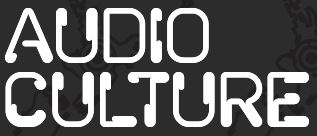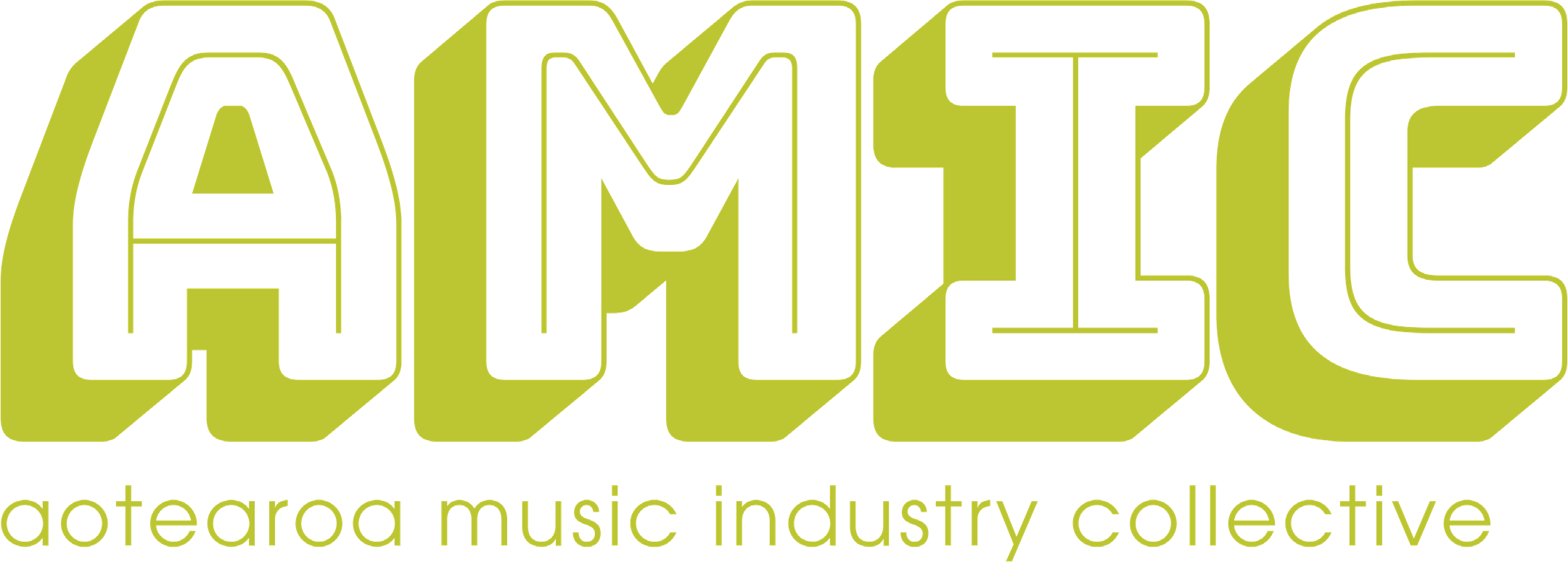Written by Ryan Kershaw.
As Tony Robbins would say “Success leaves clues”. There is more than one way to play a chord and there is definitely more than one way to have a career in a creative field such as music. Where can you find ideas for career possibilities in music?
In the credits!
Credits are the lists that acknowledge ‘who did what’ on a project. If just playing your instrument isn’t quite getting you that foot in the door of the music industry, you might want to consider gaining experience in a role that the music industry calls for more regularly. This can lead to more opportunities, such as those I will outline at the end of this article. First, let’s look at where you can find these lists, and then I will outline some of the descriptions or areas of expertise one can find in the credits…
Magazines

One of the easiest ways to Sherlock Holmes your way to new ideas, and to get you out of the house, is to go to your local bookstore and look in the front pages of music magazines. Yes, you can look at digital magazines, but often credits are buried on the online sites, and in most cases it’s actually easier and more inspiring to go to a store and look at the physical copies. You can compare magazines that way too, and you might find a new publication to help you on your journey.
Areas of Expertise: Editorial, Reviews, Pictures/Photography, Publishing, Advertising Creative Director, Marketing, Communications, Design, Accounts, Contributor, News, Interviews, Transcriptions
Online projects:
By ‘online projects’ I am referring to platforms or pages that don’t fall under the other categories in this article. Such sites would be things like portals for listing band info and music, online archives, and interactive music related projects. In this case you can look to the ‘about’ or ‘contact’ sections for info on who works on the project and the roles they have in regards to music. See below for examples, just remember to get out from behind the computer too!

Areas of Expertise: Webmaster, Content Director, Project Director, Research Co-ordinater
Live: Theatre productions, concerts, small gigs etc.
Going to a great live show gives a boost of inspiration, but also provides a brilliant opportunity for you to see professional crew members at work. Anyone who has entered a show early has seen the roadies loading gear into the backstage area, or stage hands placing the mic stands on the stage. If you look to the centre, or right at the back, you can see the sound and lighting technicians at work. When you hear ‘lighting technician’ you might say “What does that have to do with music specifically?”
Well, there is nothing wrong with combining two ‘loves’ and many musicians are skilled in other areas. Be open to combining knowledge to enter into the music industry as sometimes the foot in the door is not directly through playing. Learning from experience on the job is the best way to study!
To find the credits of ‘who did what’ on a live production, try and get your hands on a flyer or show programme. Again, you can also look online for information leading to the right person to contact for you, or to get ideas as to what you might like to try.
Areas of Expertise: Sound Engineer, Roadie, Stage Hand, Instrument Tech, Tour Manager, Assistants, Promoter, Booker, Stage Manager, Floor Manager, Lighting Technician, Merch Assistant
“Being an assistant in a team that works with music will get you closer to good things happening”
Movies

Another easy way to broaden the scope of awareness to career possibilities is to note down job roles listed in the movie credits. There is much to be said for ‘being around the action’. Being an assistant in a team that works with music will get you closer to good things happening than staying at home waiting for the right moment. There is also the chance of having your music placed in a movie though this subject would need an article all of its own!
Areas of Expertise: Composer, Conductor, Foley Artist, Sound Designer, Boom Operator
Television (Programmes and Adverts)
Most of you would have heard of ‘synchronisation’. A sync is the use of a piece of music over moving pictures or animation, usually in television programmes/adverts, film or games. It is usually easier to have a track placed in a local television show than an international movie if you are an independent artist, so if you are interested in landing a ‘sync’, local/regional television might be the place for you to try initially. As with everything else I strongly suggest researching how to approach this effectively first.
Adverts also have a team working behind them. Use an online search to discover the credits of who worked on the ad, and that will show you ‘who did what’.
See this page for an example: https://www.britisharrows.com/british-arrows-2017/winners/award/buster-the-boxerbusters-garden-winners-2017/
Areas of Expertise: Music supervisor, synch agent, publisher, songwriter, audio editor
Games

Here is an example of an absolutely massive field that often gets overlooked in the search for utilising music knowledge in a career. Gaming is an enormous industry and provides enthusiasts with many opportunities ranging from sync deals to composition, choosing music for games to sponsorship opportunities.
* For more in-depth analysis you can type ‘Scholarly articles for music in games’ in an online search.
Areas of Expertise: Sound designer, Audio manager, Audio/Sound Programmer, Sponsorship Manager
Association Newsletters
Signing up for the newsletter of a music industry organisation is one of the first things I recommend for shy aspiring musicians who might not be comfortable around people. It is the start to becoming more involved and heading towards more in-person interaction with groups of like-minded people. Newsletters are great because they let you know directly of different events and happenings in the industry – all of which involve teams of people with varying roles in their respective music careers. You can even use newsletters to find jobs in the fields mentioned in this article.
Start by signing up to a newsletter of an organisation related to your topic of interest. Examples of organisation newsletters that I have found helpful in my own career include Muzic.nz, The Music Managers Forum and the Screen Composers of New Zealand
The following areas of expertise regarding newsletters are of those directly involved in the making and distribution of newsletters, and in communications with replies from readers. Remember that these too are possibilities to ‘get your foot in the door’.
Areas of Expertise: Communications Manager, Membership Advisor, Admin,
Album Liner Notes

Fans of bands will still, contrary to popular belief, look through the liner notes of an album (yes – album!) to see who the musicians were that made the music. Often if the music connects enough, people will even research the producer and investigate the team around the recording of the tracks – just ask passionate rock fans if they have heard the names Steve Albini, Bob Rock, Butch Vig, Rick Rubin or Brendan O’Brien. For this way of discovering new job roles in the music industry, you can do it your way – it might be online, or it might be through physical copies of albums in whichever format you prefer.
Though it’s not just producers and engineers that get listed. See the ‘Thank You’ list on any given album and you could be introduced to other possible music career roles including those listed below
Areas of Expertise: Audio Engineer, Producer, Session Musician, manager, luthier, PR, assistants… and many more!
So, there you have it – the CREDITS provide you with clues as to all of the great career possibilities in the world of music. You can start investigating right away:
For beginners: you can arrange meetings with professionals listed in credits to learn and ‘pick their brains’.
For intermediate level musicians: Discovery from credit research can lead to interviews to learn or to intern. Starting out as an assistant or intern can lead to great things, especially with the right attitude.
For Professionals: You can use info and knowledge gained from credit listings to share press releases or enquire about industry related events, opportunities and promotion of your new product or service. One of the meetings meeting might just bring the turn in direction you need, though remember it always comes back to the ‘now’, and don’t feel dependent on any one person for the success of your music career.
Give it a go this week. Leave fear at the door and let yourself see what is possible again.
Using the credits of projects or products as mentioned above can lead to building a career with multiple facets, and multiple income streams. It gets you used to interacting with others in the industry, and it simply broadens knowledge of what is out there.
Author bio: Originally from New Zealand, Ryan Kershaw is a musician and music educator, author of “Use Your Buzz To Play The Guitar” and creator of the Musicians Confidence Course. He helped to strengthen the music education community in New Zealand by bringing organisations together including Music Education New Zealand Aotearoa, Smokefree Rockquest, and Independent Music New Zealand. He is the founder of the New Zealand Underground Festival, which provided New Zealand underground musicians with a platform to connect with the industry, and currently writes for The Guitar Association of New Zealand, Audioculture and Muzic.nz. Ryan is now based in Ireland and continues to record, play and teach music.
Web: ryan-kershaw.com Consultations available for musicians, music teachers and music organisations. Email: [email protected] to enquire






